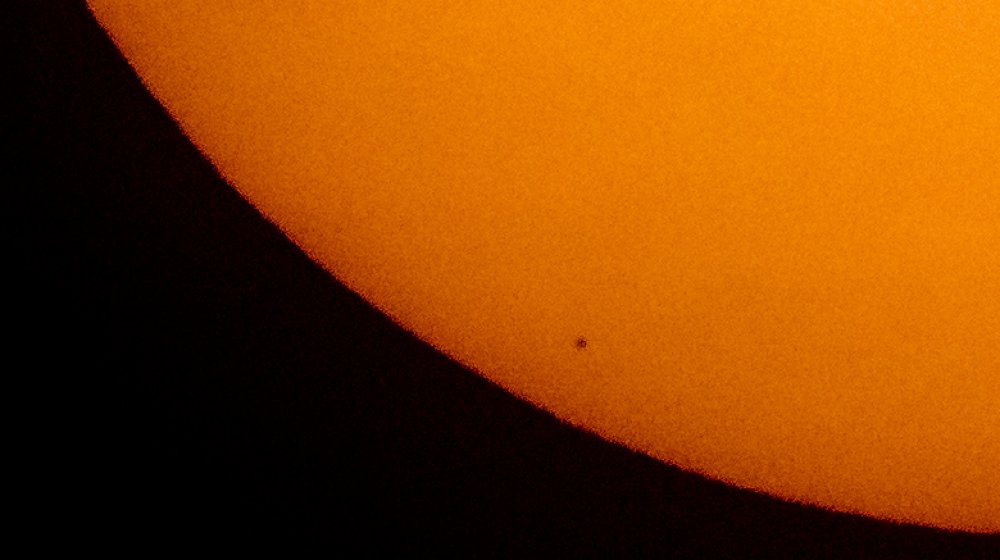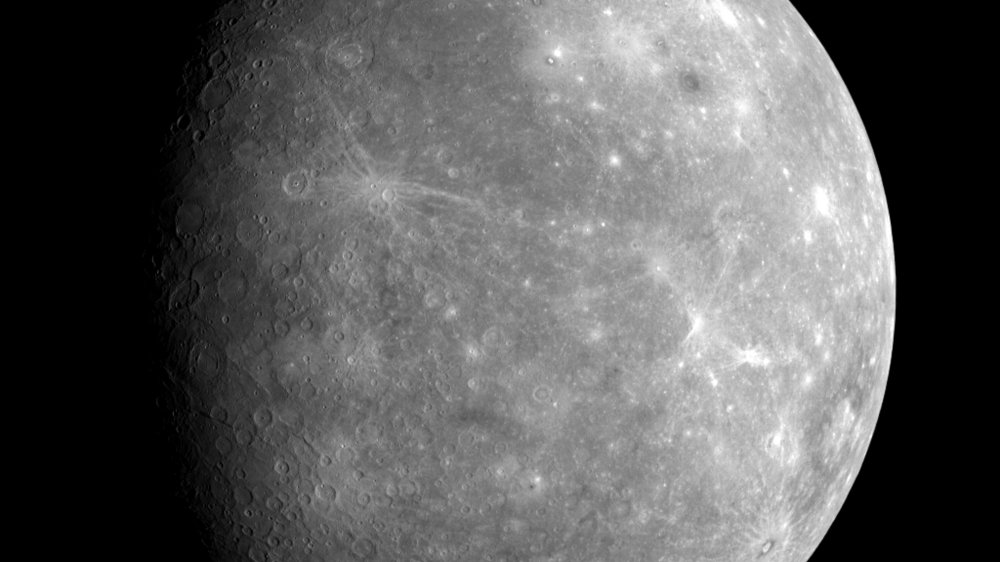How Mercury Being In Retrograde Can Really Affect You
"Mercury is in retrograde," comes the voice of every astrologer on social media, and just like that, it all makes sense: your computer didn't break because you went four years without cleaning the fans, it happened because Mercury was in retrograde. Your relationship isn't falling apart because you keep texting your exes in the middle of the night, it's happening because Mercury is in retrograde. Kanye got awful because the smallest planet in the solar system did a tricky maneuver.
We've all heard "Mercury is in retrograde," but what does it mean? Simply put, according to Bustle, it means that the innermost and fastest moving planet in our celestial neighborhood has begun a phase of its rotation around the sun in which it appears at first glance to be moving backwards, rather than forwards. Think of it as the heavenly body version of the Spinning Dancer optical illusion. It's kind of neat.
But what does it mean? How does it change our lives here, 119.67 million miles away? How can "Mercury being in retrograde" affect you?
Merc-y me
There are several ways, if you ask an astrologer. Global News did this so we wouldn't have to waste our time doing so, and the results are in: "When Mercury appears retrograde, people may experience communication issues, problems with technology, or even things like lost mail," says British Columbia-based astrologist Georgia Nicols. After all, "Mercury is the planet that rules all communication." Mercury goes retrograde thrice yearly, and Nicols states that anything communication-related tends to get "buggered up," during this time. If you haven't gotten your latest Cat Fancy magazine, look up to the skies and shake your fist.
On the other hand, if you ask a scientist, which Live Science did so we wouldn't have to, you'll get this sort of answer: "The idea that the gravity from these very distant bodies affects our lives in some way just doesn't work in the framework of physics," said Jean-Luc Margot, a planetary astronomer and professor at UCLA.
So, the question is really one of choice. Who do you trust? An astrologer or an astronomer?

